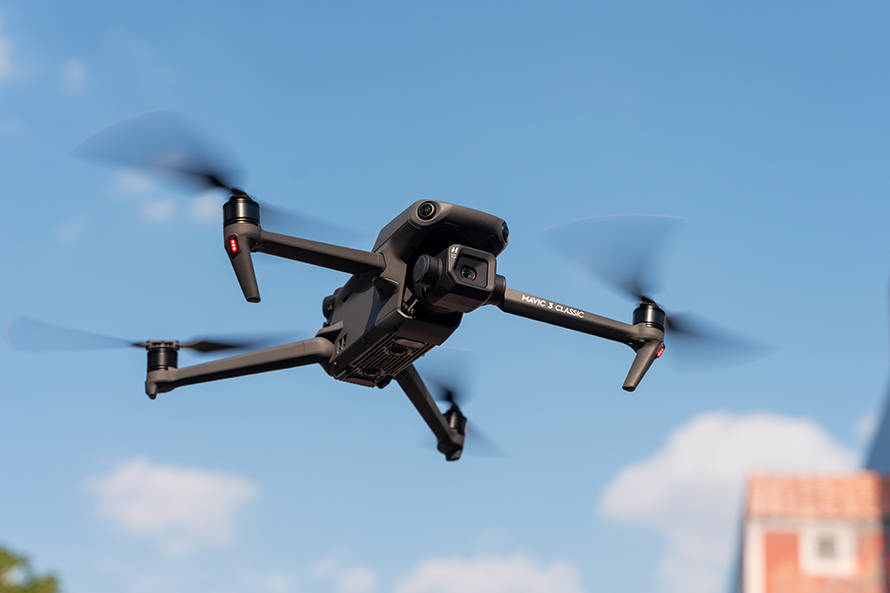In recent years, the popularity of drones has soared, becoming essential tools for photography, agriculture, and surveillance. However, understanding the requirements for licensing a drone is crucial for individuals or businesses seeking to operate these devices legally. This article serves as a guide on how to navigate the complex but necessary process of obtaining a drone license effectively.
Understanding Drone Licensing
The concept of drone licensing might sound intimidating, but it’s rather straightforward once you break it down. Licensing typically falls under the jurisdiction of aviation authorities, such as the FAA in the United States, which mandates that drones used for commercial purposes must be registered and operated by licensed pilots. This ensures safety and accountability when drones are flying over populated areas.
To begin, familiarize yourself with your country’s aviation authority’s website, where you’ll find guidelines on drone operation limits, airspace restrictions, and application procedures for licensing. The FAA, for example, requires drone operators to pass the Part 107 test, which assesses knowledge of airspace rules and weather conditions.
Why is Drone Licensing Important?
- Compliance: Licensing ensures compliance with national regulations, avoiding legal repercussions.
- Safety: Licensed operators are educated on safe flying practices to prevent accidents.
- Insurance: Many insurers require proof of licensing for coverage.
Step-by-Step Licensing Process
The licensing process usually begins with registering your drone with the necessary authorities. Ensure you have all required documents, such as proof of ownership and identification details. For commercial users, passing a certification exam is often mandatory. The Part 107 test administered by the FAA is a prime example, covering areas from airspace classification to emergency procedures.
Once you pass, you must adhere to operational guidelines, including maintaining visual line-of-sight and respecting airspace restrictions. It’s also beneficial to educate yourself on temporary flight restrictions (TFRs) during events, as failure to comply can result in fines.
Costs & Timeline
Understanding the costs and timeline involved in licensing a drone can streamline your preparation efforts. Generally, the costs include fees for the certification test and registration. Depending on your location, additional courses may be recommended, especially if your operations span drone photography or agriculture.
Licensing can seem cumbersome, but it is a worthwhile investment for safe and legal drone operations, protecting yourself from penalties and enhancing your understanding of aviation.
Frequently Asked Questions
- Do all drones require licensing?
- Not all drones require licensing. Recreational drones under a certain weight and operation limitations might not require a formal license, but it’s essential to check specific regulations that apply to your region.
- Can I license my drone online?
- Many aviation authorities offer online platforms for drone registration and licensing exams, simplifying the process significantly.
- How long does the licensing process take?
- The timeline varies by country, but typically registration and certification can be completed within a few weeks, provided that you have prepared adequately and met all requirements.

In conclusion, managing a drone license is an essential step in responsible drone operation. By understanding and complying with your local regulations, you ensure efficient, safe, and legal drone activities, whether for commercial or personal purposes.